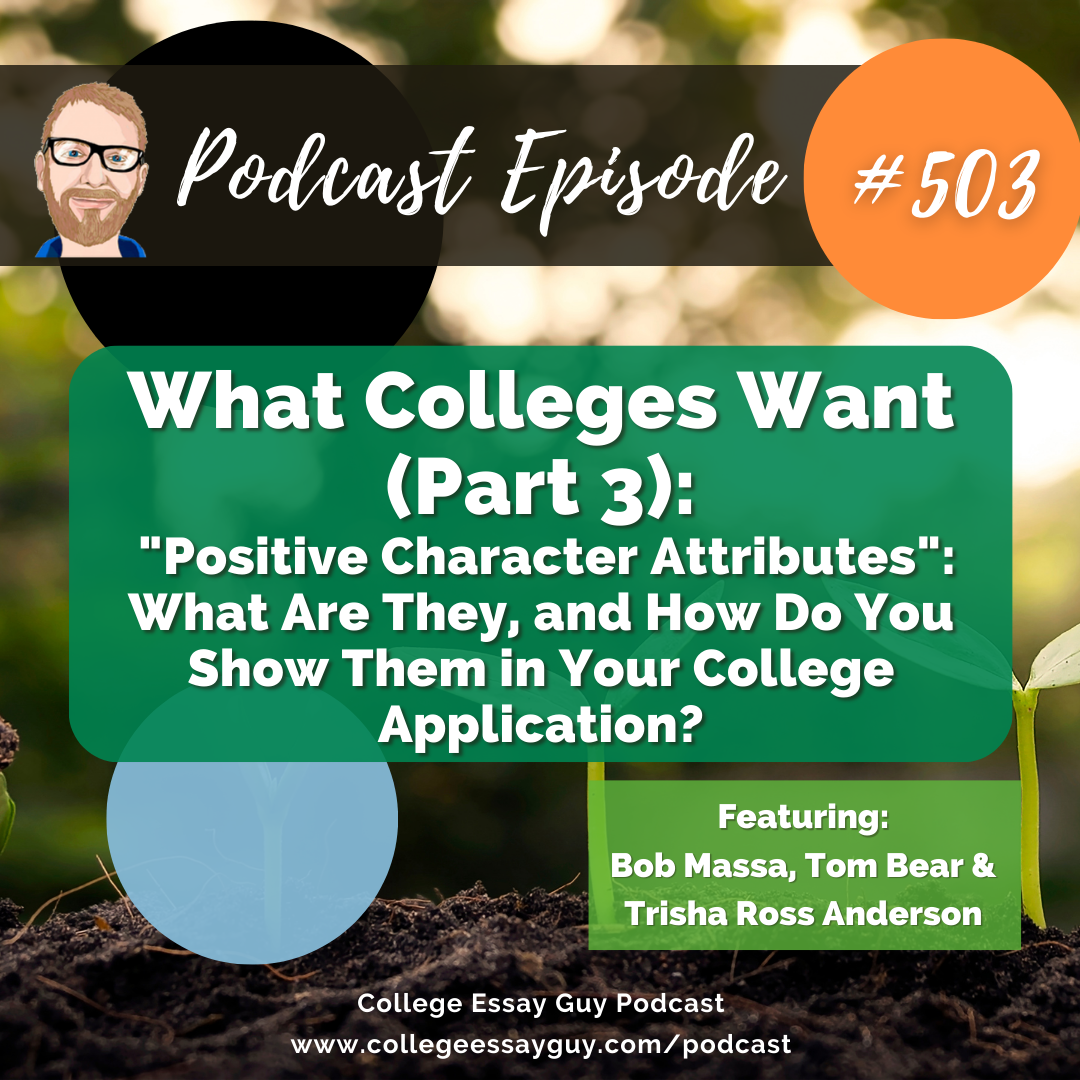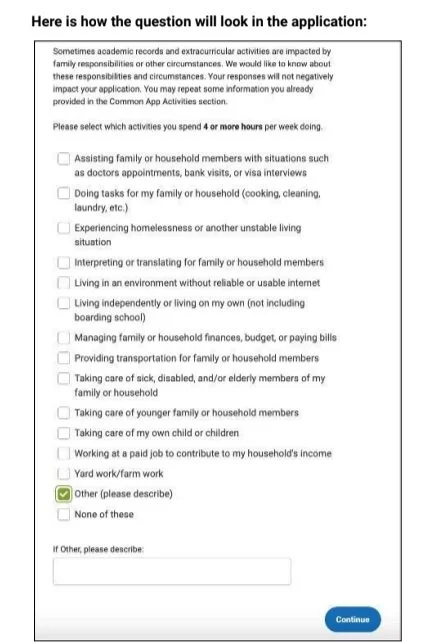Listen Here
SHOW NOTES
In our most recent series on storytelling and identity, Ethan sat down with his screenwriter friends to do a deep dive into the creative process, the power of storytelling, and how identity plays a role in both. In this bonus episode, the tables are turned as Ethan is interviewed by CEG Essay Coach, Ali Pineo. In their conversation, Ethan and Ali get into:
Ethan’s background and how his identity has evolved over the years
The roles Ethan identifies with most: connector, harmonizer, and seeker
How Ethan measures success in his personal and professional life
His journey from aspiring screenwriter to teacher and writer
Brainstorming Ethan’s own personal statement as if he were writing it today
And more
Ali Pineo is a writing coach and college admissions essay specialist with a BA in English from Stanford University and MFA from UC Irvine. She is passionate about building her students’ confidence in the writing process and developing them into strong self-advocates for their individual learning needs. She has spent thousands of hours coaching admissions essay writing and tutoring AP English and US History,. and the highlights of her career center around her mentorship of bright students with learning differences. In addition to teaching, she is an arts entrepreneur, former professional ballet dancer, and mama to a busy toddler.
We hope you enjoy!
Play-by-Play
1:41 - Introductions
2:48 - Ethan shares the roles he identifies with most
10:36 - What does Ethan’s identity of “Connector” mean to him?
14:34 - How does Ethan distinguish between the “Connector” and “Harmonizer” roles?
20:16 - Do any roles conflict with other identities?
25:13 - How does Ethan balance his many roles?
28:37 - How does Ethan measure success in his personal and professional life?
33:20 - In what ways have Ethan’s career aspirations changed over the years?
37:00 - How does Ethan define his role as a “Culture-Tender?”
43:55 - What has Ethan been writing about lately?
47:18 - Ali shares her a bit about her background, roles, and identities
52:33 - How do Ethan’s outward identities overlap with his inner world?
56:48 - Brainstorming Ethan’s own personal statement as if he were writing it today
1:11:37 - Closing thoughts and wrap-up














